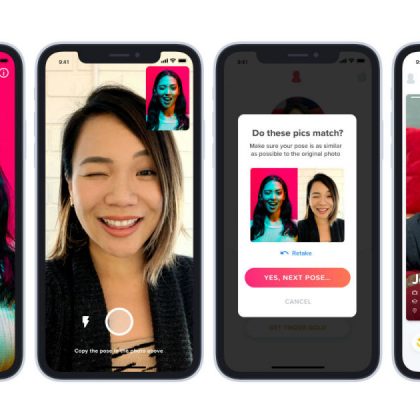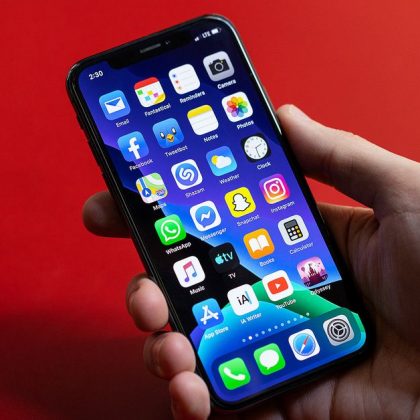As it faces both an antitrust lawsuit with huge implications and a formal EU investigation over its App Store tactics, Apple is today publicly defending itself against Spotify and other critics of the company’s massively successful software storefront. “Today, the App Store is more vibrant and innovative than ever, offering equal opportunities to developers to deliver their apps and services across iPhone, iPad, Mac, Apple TV, and Apple Watch,” reads a new page at Apple’s website titled “App Store — Principles and Practices.” “We’re proud of the store we’ve built and the way we’ve built it.” Apple says it has paid out $120 billion to App Store developers worldwide since the platform launched, and the company again touts the quick approval process and efficient work of its app review team, which now “represents 81 languages across three time zones.”
Sixty percent of the approximately 100,000 apps and app updates reviewed each week are approved, with rejections mostly stemming from “minor bugs, followed by privacy concerns.” Apple notes that anyone who feels that they were unjustly rejected can have their situation looked at by the App Store Review Board. But the most interesting parts of this new site relate to competition. In one section, Apple goes over the core, built-in apps on iOS and lists the many popular third-party options that are available from the App Store in each category as alternatives.
Apple The company fails to mention that none of these apps can be chosen as the default messaging app, maps service, email client, web browser, or music player. That limitation isn’t always a deal-breaker — just ask WhatsApp, which is more popular than iMessage in many countries — but it still gives Apple’s services an advantage. Apple also claims that “developers have lots of choices for distributing their apps — from other app stores to smart TVs to gaming consoles. Not to mention the open internet, which Apple supports with Safari, and our customers regularly use with web apps like Instagram and Netflix.” The message here seems to be that if companies don’t like Apple’s policies, they’ve got other options. Go find your riches on Android or make a Roku app. But developers have a huge financial incentive to be in the App Store. It’s often been reported that iOS users spend more money on apps than people with Android phones, and Apple leans on that advantage. “Even though other stores have more users and more app downloads, the App Store earns more money for developers,” the company notes. So ignoring the App Store isn’t exactly practical for businesses that want to make a lot of money.
As for the open web, how often are you using Instagram or Netflix in the Safari browser on your iPhone or iPad instead of the app itself? On desktop, maybe, but Apple is about to let developers bring their iPad apps to the Mac, and how do you think you’ll be watching Netflix once that happens? Apple also lists the various
Read More





